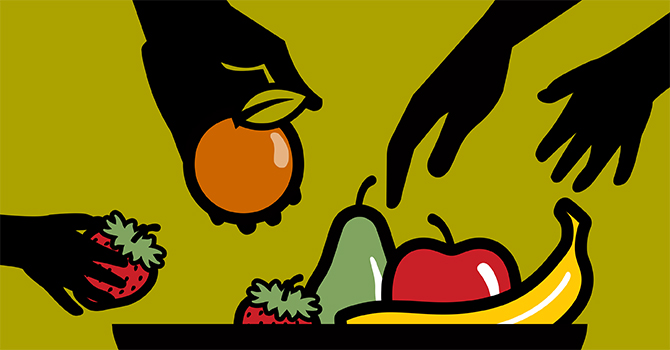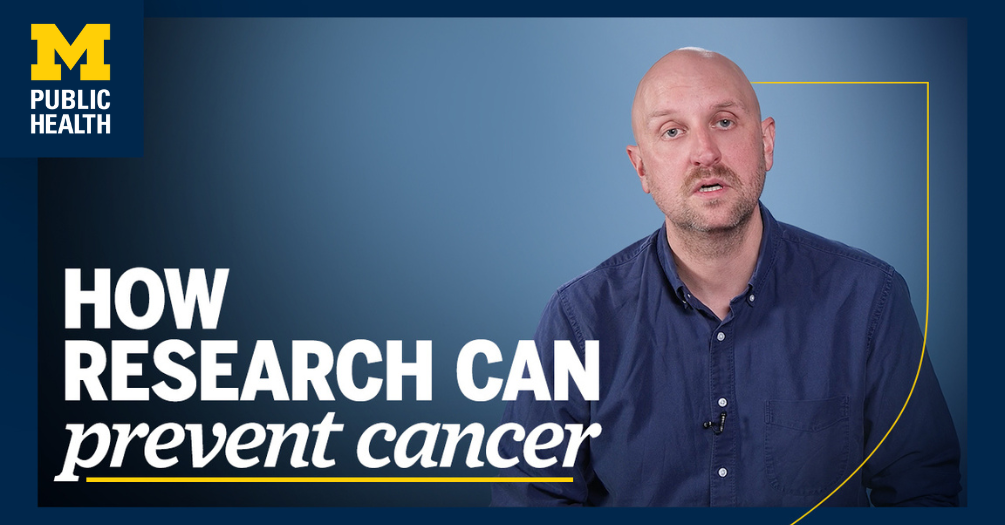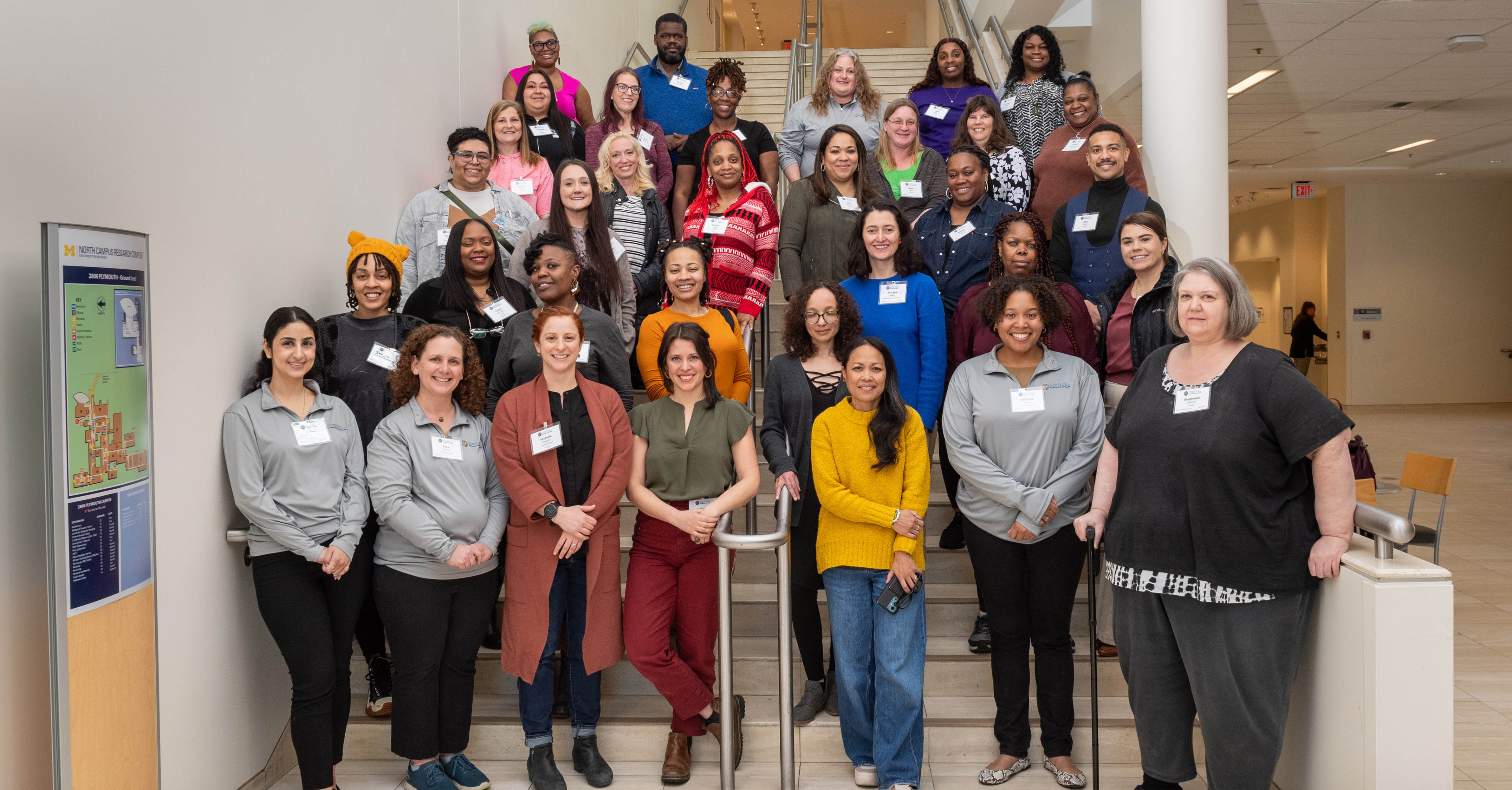
On the Heights: October 2025
Faculty research shapes policy debates on mass deportation, SNAP benefits, and health communication while centers expand lifecourse research focus and new technology advances lab safety training.
We're still accepting applications for Fall 2026!
Apply Today
Faculty research shapes policy debates on mass deportation, SNAP benefits, and health communication while centers expand lifecourse research focus and new technology advances lab safety training.

USDA ends its Household Food Security Report, the government's primary hunger and food insecurity measure. U-M experts can discuss implications of halting this decades-long annual data collection on US food policy and research.

Justin Colacino, an environmental health researcher at Michigan Public Health, uncovers how environmental exposures can cause cancer. His research aims to pinpoint the root causes of cancer, leveraging powerful data and tools to prevent harmful cellular changes before they start.

Several states are considering restricting SNAP benefit purchases for soda and certain products like chips and candy. Michigan Public Health professor and researcher Kate Bauer explains why such restrictions fail to improve health outcomes while increasing stigma, and offers evidence-based alternatives that preserve dignity for recipients.

Five researchers at the University of Michigan School of Public Health have been awarded seed funding to prepare international research projects on a range of global health challenges, including gene therapy ethics, childhood nutrition, national food policy, cholera vaccine allocation, and occupational safety.

The University of Michigan School of Public Health’s Feeding MI Families Community Food Advocacy Fellowship empowers Michigan parents to become advocates for food access and policy change. Developed with support from the Michigan Health Endowment Fund, the fellowship equips participants with the skills and confidence to address food insecurity through local advocacy and community action.